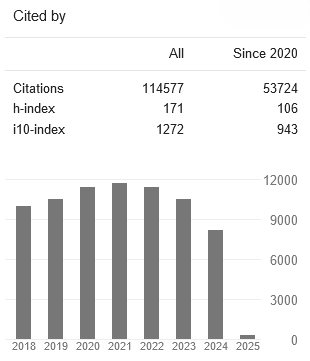Enterprise—Place Relationship and Value Co-Creation: Advance in Research
- Marcello Sansone
- Andrea Moretta Tartaglione
- Roberto Bruni
Abstract
This paper is part of a bigger research path and, in its actual form, it presents the concept of value co-creation in the places as a result of a concerted action between enterprises and places themselves. This action doesn't have an "activating" element, although it is the outcome of the proper application of skills and knowledge of each actor in interpreting the changes occurred in the environment and in the activation of their value-creating initiatives.
The methodology used involves the analysis of a single case study (Yin, 1994; Dubois e Gadde, 2002), suitable technique to develop theories about phenomena still little known in the context in which they take place. The use of cases also has the advantage of allowing the study of issues related to the "how" and "why" of recent and contemporary events over which the researcher has little control (Sturman, 1998; Cecconi, 2002; Yin, 2003).
The analysis was conducted collecting data about the positive performance of the company (analysis of financial statements, reading specialized journals, website) and the proactive role of place and local government bodies (website of the town, visiting the places, analysis of urban renewal, key performance indicators of QSV).
The entrepreneurial experience and the dynamics active on place allow to highlight how the process of value co-creation in those enterprise-territory relationships is the result of a contextual conditions system, stimulated by important and stable project-related osmosis processes, organizing the accrual of a strategic path shared by enterprise and place over time, increasing the territorial social capital, designing a rooted model of local skills able to compete globally. The originality of the paper lies in the development potential of value co-creation through the enhancement of knowledge and sensitivity towards the environmental and contextual dynamics. Innovation and knowledge are not unique prerogatives of the enterprises; they should also arise in and from places to generate a mutual exchange of traditional values, while co-producing knowledge and continuous innovation.
- Full Text:
 PDF
PDF
- DOI:10.5539/ijbm.v10n1p50
Journal Metrics
Google-based Impact Factor (2023): 0.86
h-index(2023): 152
i10-index(2023): 1168

Index
- Academic Journals Database
- ACNP
- AIDEA list (Italian Academy of Business Administration)
- ANVUR (Italian National Agency for the Evaluation of Universities and Research Institutes)
- Berkeley Library
- CNKI Scholar
- COPAC
- EBSCOhost
- Electronic Journals Library
- Elektronische Zeitschriftenbibliothek (EZB)
- EuroPub Database
- Excellence in Research for Australia (ERA)
- Genamics JournalSeek
- GETIT@YALE (Yale University Library)
- IBZ Online
- JournalTOCs
- Library and Archives Canada
- LOCKSS
- MIAR
- National Library of Australia
- Norwegian Centre for Research Data (NSD)
- PKP Open Archives Harvester
- Publons
- Qualis/CAPES
- RePEc
- ROAD
- Scilit
- SHERPA/RoMEO
- Standard Periodical Directory
- Universe Digital Library
- UoS Library
- WorldCat
- ZBW-German National Library of Economics
Contact
- Stephen LeeEditorial Assistant
- ijbm@ccsenet.org
